8 Momentous Times Sports Were Canceled Throughout History
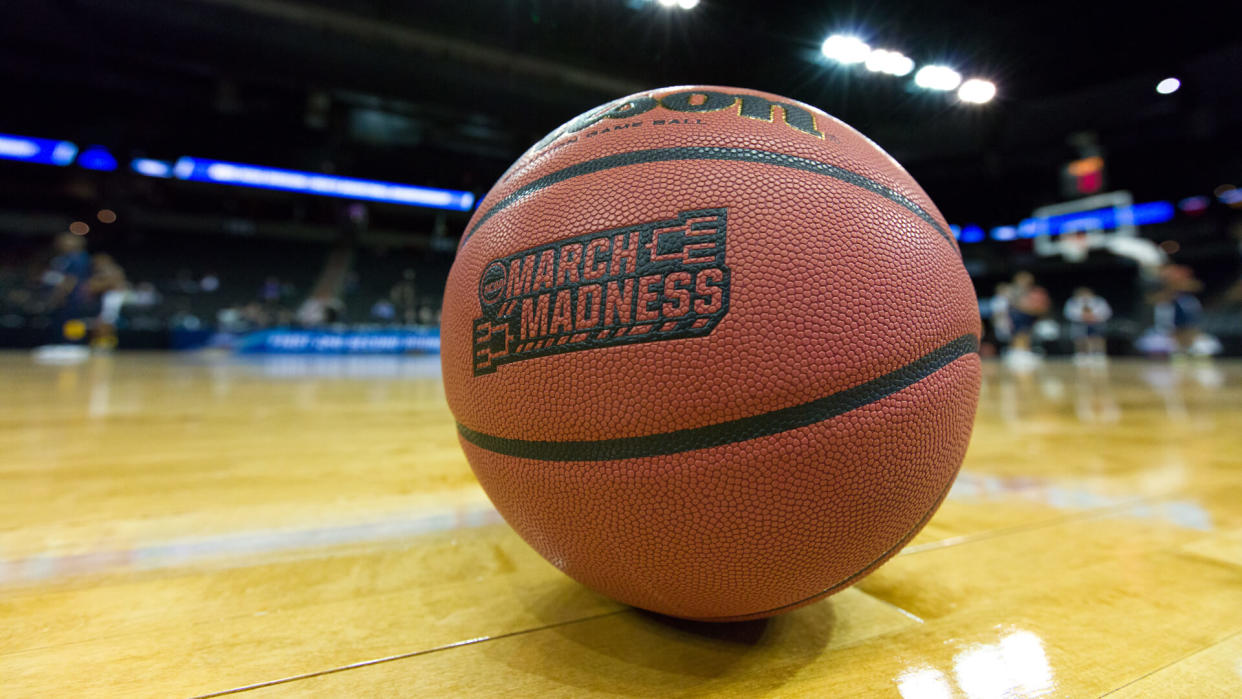
The notices of the cancellation of sporting events amid the coronavirus pandemic began to roll in on March 11. The NBA paused its season, followed by the NHL and MLS. College basketball’s March Madness, an annual spring festival of sorts, was called off. The MLB halted spring training and put its season on hold for four months. Events from golf tournaments to horse races were canceled or rescheduled, with the biggest one of all — the 2020 Tokyo Olympics — moved to 2021.
See: What a Canceled Season Costs the NBA, MLB, NHL and Other Leagues
Sports leagues and tournaments have resumed, albeit it with new norms of COVID-19 testing for players and coaches, plus no or few fans in the stands. And while the pandemic is the freshest in our minds, other situations — including some of tragic proportions — have caused American sports to come to a halt before. Here’s a look at some of the other times in history that major sporting events had to skip chunks of time — often a year or more — when circumstances made going on just impossible.
Last updated: Dec. 3, 2020

1. 1915-1918 Tour de France
The Tour de France is one of the most colossal sporting events in the world, requiring cyclists to complete more than 2,000 miles of racing across 21 grueling stages. It’s a mix of time trials and racing along vast stretches of flat land and mountains designed to test the strength and stamina of the participants. Less than a week after the conclusion of the 1914 race, France was at war with Germany. World War I led to the cancellation of the Tour de France for four years, beginning in 1915.
The 2020 race also was postponed from its scheduled June start date to late August.
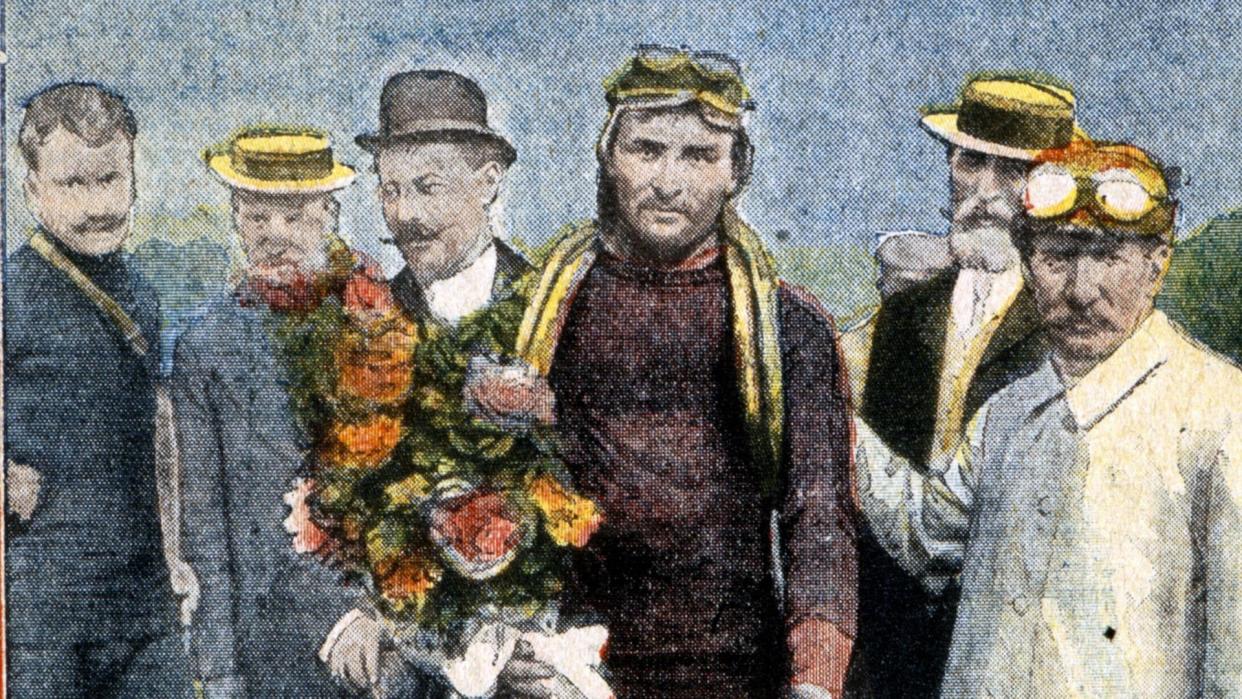
Aftermath
The Tour was still relatively young in 1915 — the first Tour was in 1903 — so its restart in 1919 was the first step in continuing to build its legend. In fact, the famed le maillot jaune — yellow jersey — worn by the race leader was introduced in that first race after the close of the Great War.
Pictured: Francois Faber portrait 1887-1915, winning the Tour de France, 1909 illustration.

2. 1940-1946 Tour de France
As it turned out, World War I did not wind up being the war to end all cycling race cancellations. Germany invaded France in June 1940 and rapidly finished its conquest, with the French government toppled within six weeks. As World War II waged on the continent, the Tour de France was postponed. This time, the race skipped seven years, including 1946 — the year following the end of the war — when a war-ravaged France simply wasn’t prepared to host the great race. In the race’s triumphant return in 1947, a Frenchman, Jean Robic, fittingly won.

Aftermath
With Slovenian Tadej Pogacar’s unbelievable come-from-behind win in the 2020 edition in September, the Tour de France has completed 74 races without interruption. The coronavirus represented a major threat to the event, but a delayed start and careful COVID-19 testing protocols kept the streak alive.
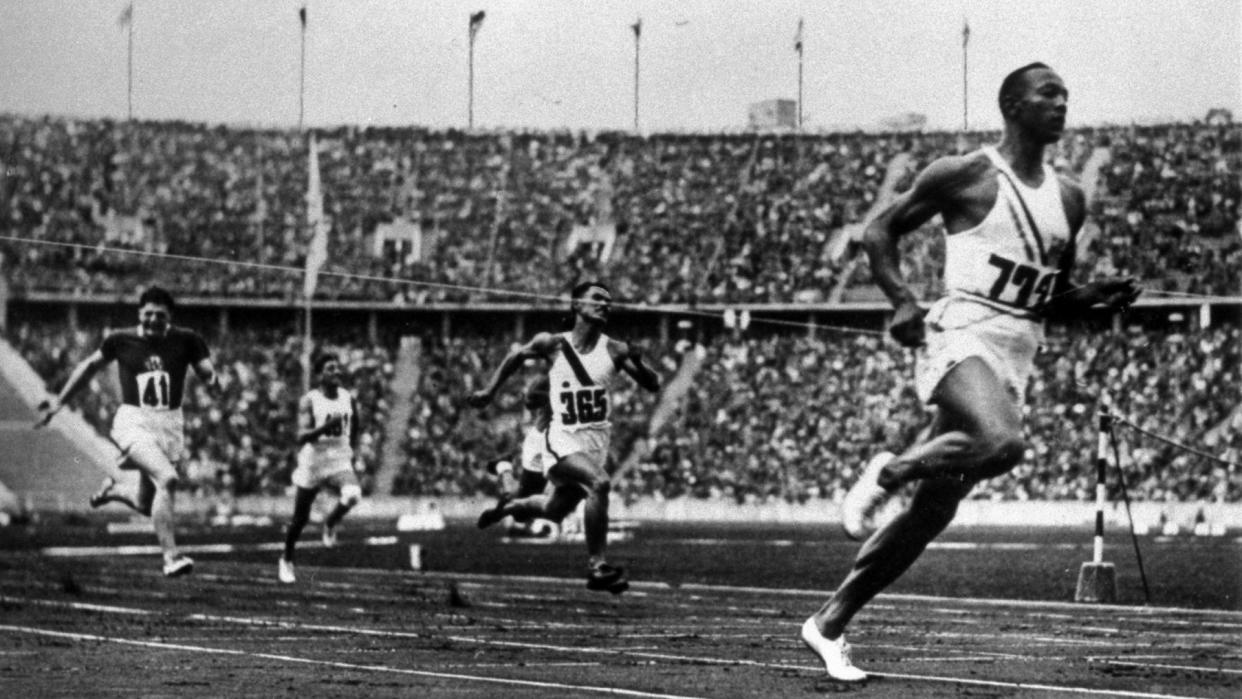
3. 1940 and 1944 Olympics
World War II interrupted more sporting events than cycling. Among them were the 1940 Summer Olympics, set for Tokyo, and the 1944 Games in London. The 1936 Olympics were the last in memory at that point. That’s when Jesse Owens, a Black man, disproved Adolf Hitler’s theory of racial superiority by winning four gold medals in Berlin. The Winter Olympics set for those years also were called off.
From Serena Williams to Michelle Kwan: The Richest Women in Sports

Aftermath
The tradition of the Olympics was that it rose above wars and politics. Unfortunately, the reality just hasn’t been so simple. In 1980, the Americans and some Western nations boycotted the 1980 Olympics in Moscow in protest of the Soviet invasion of Afghanistan. Four years later, 14 Soviet-bloc nations refused to take part in the Los Angeles Olympics.

4. 1919 Stanley Cup
The 2019-20 NHL season was paused because of the pandemic, but the Dallas Stars and Tampa Bay Lightning were able to compete in an exciting Stanley Cup Finals after the season’s resumption. The 1919 Stanley Cup Finals didn’t make it to the end, however. The series between the Montreal Canadiens and Seattle Metropolitans was knotted at 2-2-1 when five Canadiens fell ill with the Spanish flu, canceling the series before its decisive game. The flu eventually killed 675,000 Americans, and estimates put the number of worldwide deaths as high as 50 million people.

Aftermath
Montreal owner George Kennedy tried to forfeit the Cup, but the Metropolitans declined the offer. The Cup simply wasn’t awarded that year. The true tragedy, though, came when future Hockey Hall of Fame inductee Joe Hall died a few days later of pneumonia related to the virus. Kennedy also contracted the virus and never fully recovered, passing away in 1921.

5. 2004-05 NHL Season
Hockey missed another Stanley Cup Finals some 86 years later, but for financial reasons. After players and owners couldn’t agree on a new collective bargaining agreement, the owners locked out the players on Sept. 16, 2004. The season eventually was canceled in the spring, and the two sides didn’t reach an agreement until July 22, 2005.
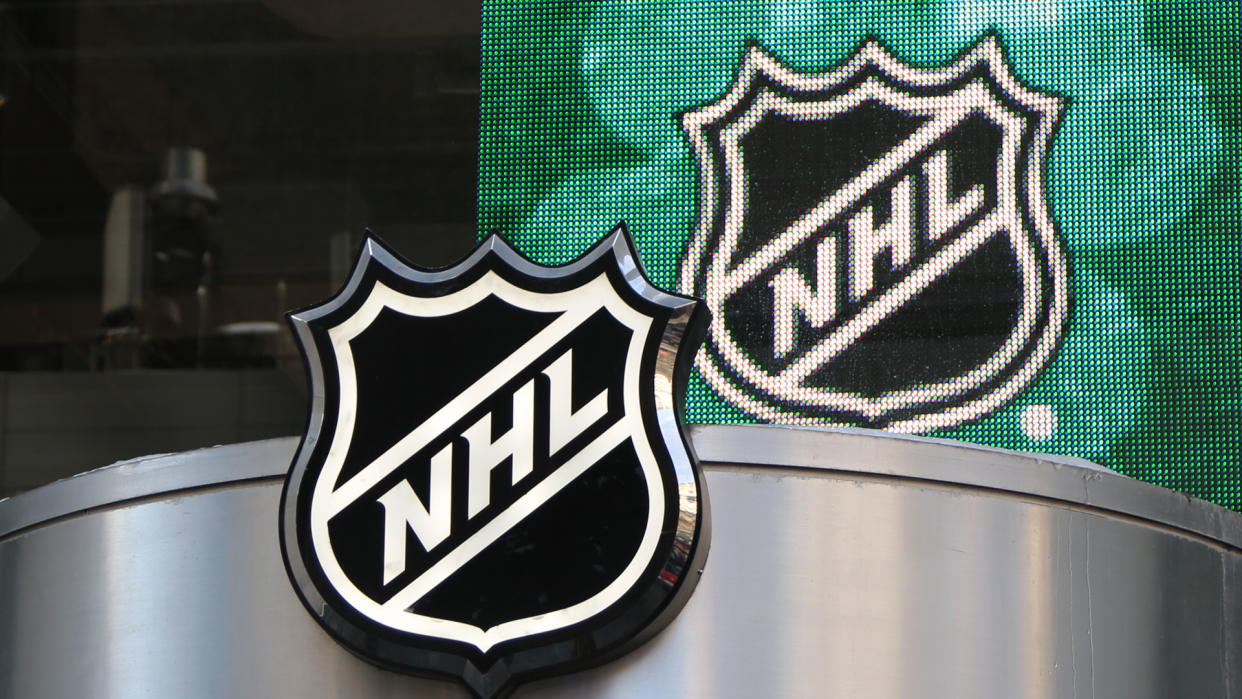
Aftermath
The players ultimately had to concede on their biggest point — the addition of a salary cap — and settled on a deal to receive up to 54% of the league’s revenues. Another lockout followed in the 2012-13 season, but this time, agreement on the collective bargaining agreement was reached soon enough to start the season and end it with the Stanley Cup Finals.
Find Out: Which Athletes Earn the Most Per Hour?

6. 1936 24 Hours of Le Mans
The legendary 24 Hours of Le Mans pits four classes of cars in competition during a grueling 24 hours of racing to see who can finish the most laps around the 8 1/2-mile circuit. However, the race had to hit pause in 1936 after France erupted into a general strike.
Pictured 2016 Le Mans Classic Showcase.

Aftermath
French workers were devastated by the Great Depression and things bubbled over in 1936. The race picked back up in 1937 but went on hiatus again from 1940 to 1948 because of World War II.
The 2020 edition was held Sept. 19 to 20, but no spectators were allowed because of a summer spike in COVID-19 cases in France.

7. Sept. 11, 2001
The terrorist attacks of Sept. 11, 2001, that struck New York, Pennsylvania and Washington, D.C., resulted in a suspension of play in baseball and football as athletes, like the rest of Americans, struggled to cope with attacks on American soil from abroad and mourn the deaths of nearly 3,000 people. The MLB took a weeklong hiatus, the NFL pushed its Week 2 slate of games to the end of the regular season and college football called off its games for the following weekend.

Aftermath
Sports helped Americans to heal and unite after 9/11. The break between games was relatively brief and the return of sports gave Americans something to focus on other than the haunting images of grief and destruction that had crawled across television screens. The Mets hosted the Atlanta Braves in the first game in New York since the attacks on Sept. 11 and took the field in caps emblazoned with the logos of first responders, such as NYPD and FDNY. The teams lined up along the baselines in an emotional pregame, and after Diana Ross sang “God Bless America,” the crowd erupted into chants of “USA, USA!”
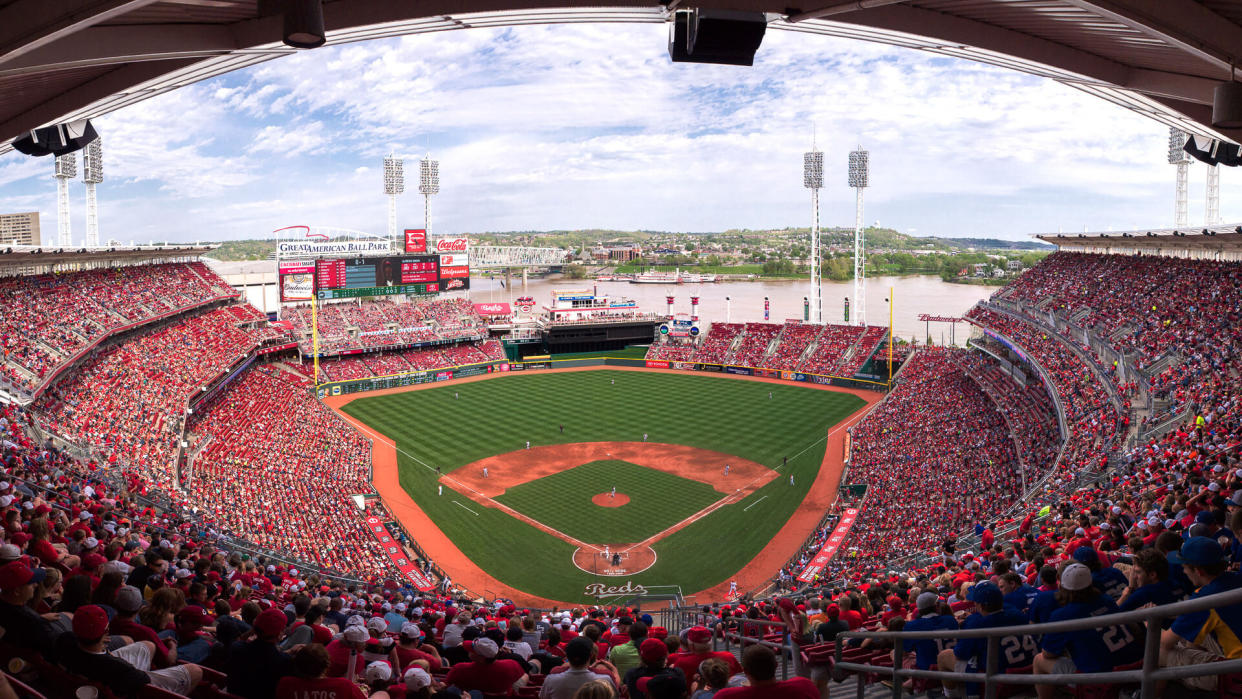
8. 1994 World Series
Major League Baseball and its players association have worked diligently to try to stage the postseason this fall, following a shortened 60-game season because of the coronavirus, and are on track to do so. But that wasn’t the case in 1994, when a labor dispute wiped out the playoffs once the players went on strike on Aug. 12. The strike lasted 232 days, and play didn’t resume until April 25, 1995.
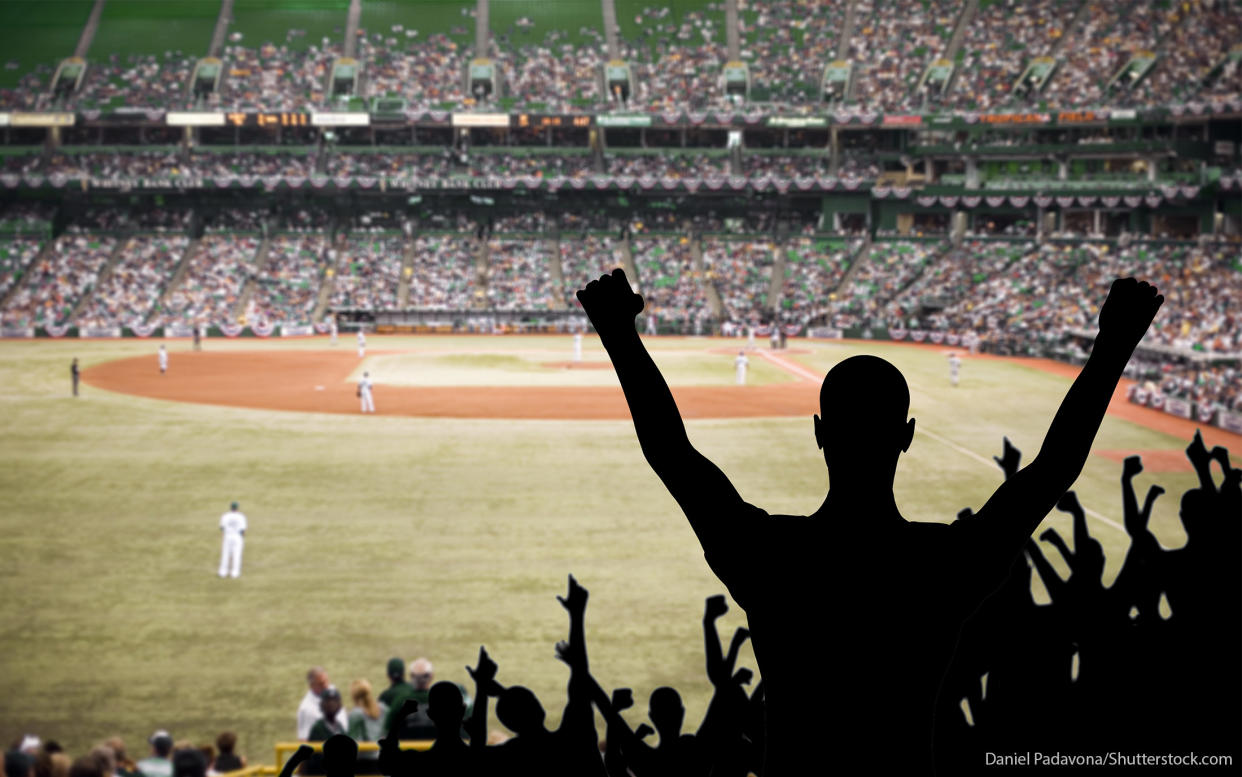
Aftermath
The inability to end the season was especially painful for some teams and players. The Montreal Expos, in particular, had a superb team that featured future Baseball Hall of Fame members Pedro Martinez and Larry Walker and was 74-40 when the season ended. They were in first place in the National League East and heading toward just the second postseason appearance in franchise history. Fans in Montreal never got to see another playoff game there; the team moved to Washington and became the Nationals following the 2004 season. Fans also were deprived the chance to see San Diego Padres star Tony Gwynn — another future Hall of Fame member — take a run at becoming the first man since Ted Williams (.406 in 1941) to bat at least .400 in a season. Gwynn was leading the major leagues with a .394 average when the players went on strike.
More From GOBankingRates
Are You Spending More Than the Average American on 25 Everyday Items?
Guns and 32 Other Things You Definitely Do NOT Need To Buy During the Coronavirus Pandemic
Jami Farkas contributed to the reporting for this article.
This article originally appeared on GOBankingRates.com: 8 Momentous Times Sports Were Canceled Throughout History
